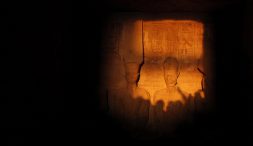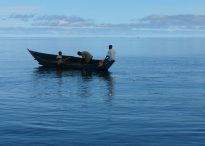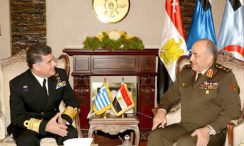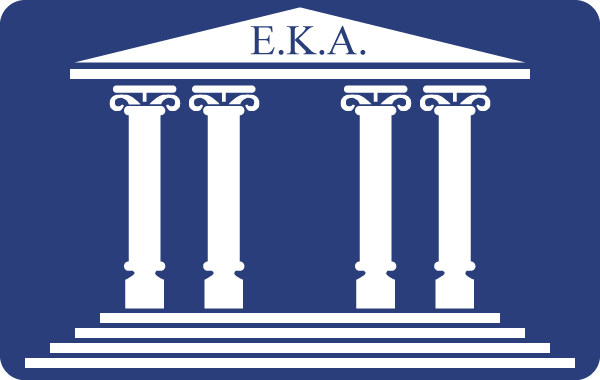Category: EGYPT
-

An ancient Egyptian mystery draws tourists to King Ramses II statue
Ancient Egyptians were known for their scientific excellence and genius, especially in the fields of astronomy, sculpture and construction. For instance, the three pyramids are considered among the Seven Wonders of the World. Pharaonic arts and antiquities still hide secrets that no scientists have managed to explain or understand. Every year, a Pharaonic miracle has been happening for 33…
-

Egypt Heads Project to Connect 10 African Countries through Nile Shipping Line
By 2024, a 4,000 kilometers waterway will connect ten African countries, stretching between Lake Victoria and the Mediterranean Sea. An Egypt-led project, the navigational shipping line is to be established along the Nile River for small and medium-size commercial vessels to boost bilateral trade. Egyptian Minister of Water and Irrigation Moahmed Abdel Aty announced the completion of an annual…
-

The Statue of Liberty was modeled after an Arab woman
As Americans grapple with Donald Trump’s ban on travelers from seven Muslim-majority countries, it’s a good time to point out a little-known irony. The Statue of Liberty — that symbol of American freedom and diversity that has greeted immigrants for generations — was originally modeled after an Arab woman. The statue’s designer, Frédéric-Auguste Bartholdi, was enamored…
-

Egyptian army chief of staff discusses military cooperation with Greece’s navy chief
Egypt’s army Chief of Staff Mahmoud Hegazi met on Monday in Cairo with the Chief of Greece’s Navy General Staff Nikolaos Tsounis for talks over means of expanding joint military cooperation, a statement by the Egyptian Armed Forces read. Egyptian army spokesman Tamer El-Rifaei said that the talks involved several issues of common interest, including…
